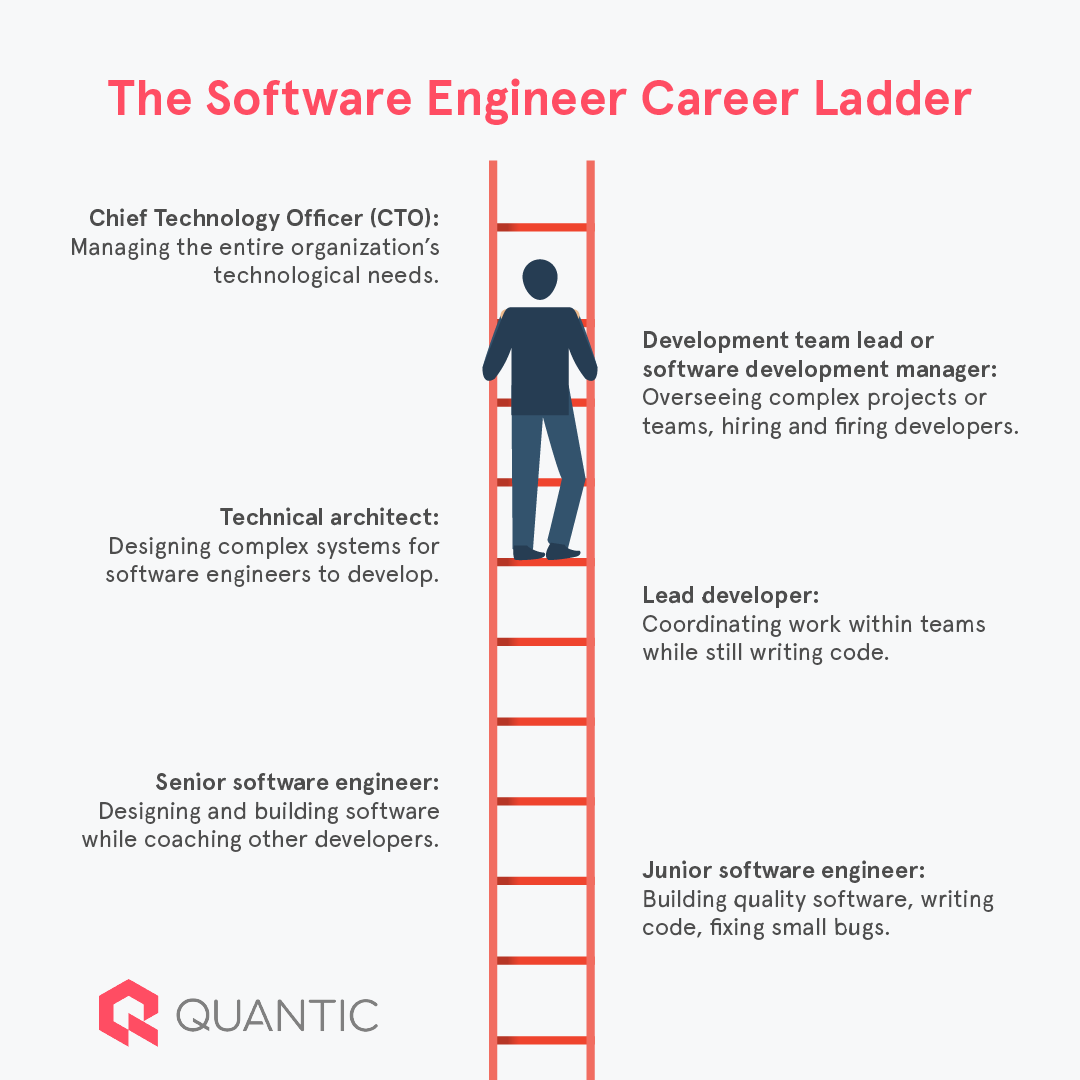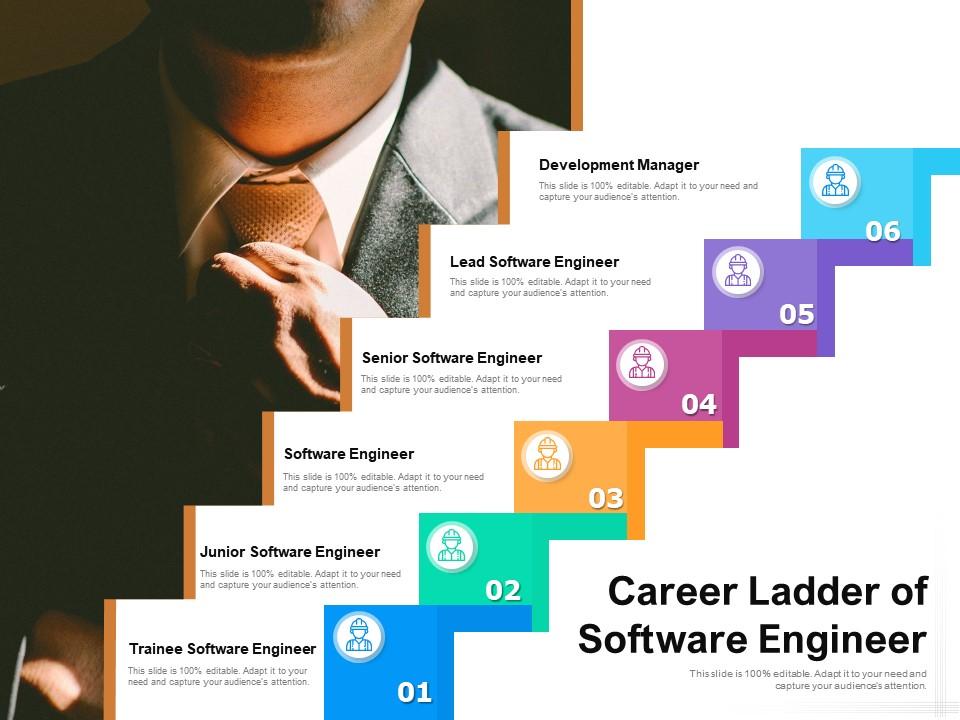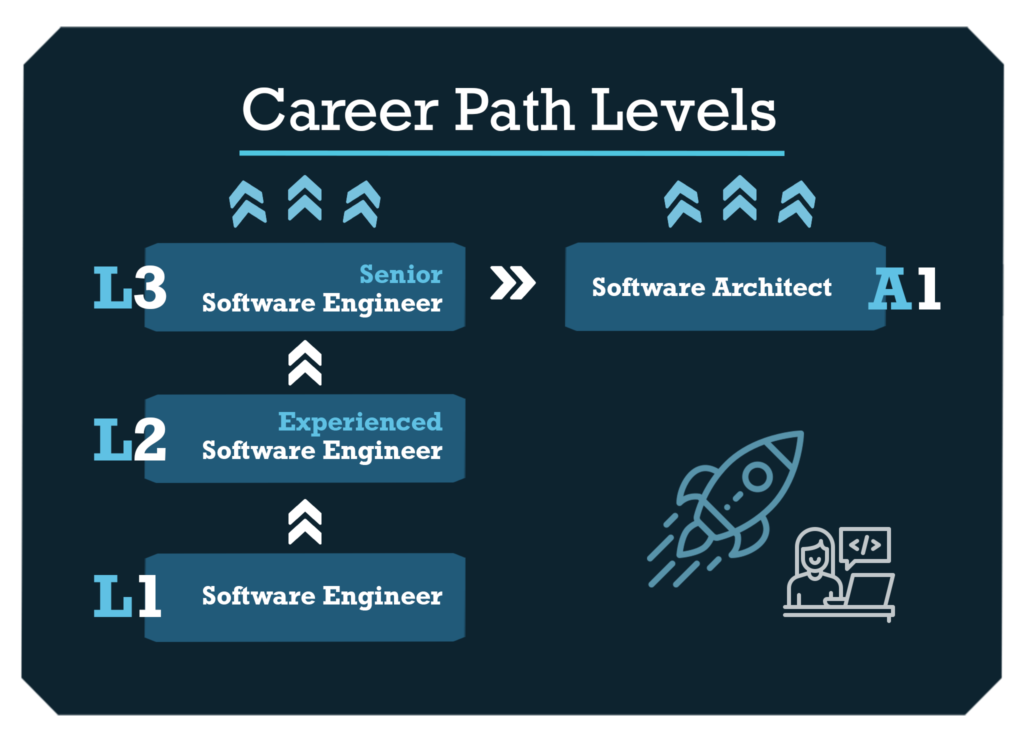Software engineer career path is a journey filled with opportunities and challenges, where individuals play a crucial role in shaping technological advancements. Aspiring engineers delve into a realm where innovation and expertise converge to create a dynamic professional landscape.
Exploring the educational requirements, skill development, career progression, and industry trends, this guide illuminates the path for those seeking a rewarding career in software engineering.
Introduction to Software Engineer Career Path
Software engineers play a crucial role in the tech industry by designing, developing, and maintaining software applications and systems. They are responsible for creating innovative solutions to complex problems and ensuring that technology functions seamlessly.
Software engineers are essential in developing technology solutions that drive businesses, improve user experiences, and enhance overall efficiency. They work on various projects, from mobile applications to enterprise software, contributing to the advancement of technology in diverse fields.
Skills Required for a Successful Software Engineering Career
- Proficiency in programming languages such as Java, Python, C++, or JavaScript.
- Strong problem-solving abilities and analytical skills to tackle challenging technical issues.
- Knowledge of software development methodologies like Agile or Scrum for efficient project management.
- Understanding of data structures, algorithms, and software design principles for creating robust applications.
- Effective communication skills to collaborate with team members and stakeholders on project requirements.
Educational Requirements

To become a software engineer, individuals typically follow a specific educational path that equips them with the necessary knowledge and skills to succeed in the field. Specialized degrees in computer science or related fields play a crucial role in preparing aspiring software engineers for their careers. Additionally, there are alternative education options available for those interested in pursuing a career in software engineering.
Typical Educational Path
- Obtain a bachelor’s degree in computer science, software engineering, or a related field.
- Consider pursuing a master’s degree for advanced knowledge and specialization.
- Participate in internships or co-op programs to gain practical experience.
- Continuously update skills and knowledge through certifications and workshops.
Importance of Specialized Degrees
Specialized degrees in computer science or related fields provide a solid foundation in programming, algorithms, data structures, and software development. These degrees help aspiring software engineers develop critical thinking skills, problem-solving abilities, and a deep understanding of computer systems.
Alternative Education Options
- Bootcamps and coding schools offer intensive training programs for individuals looking to enter the software engineering field quickly.
- Online courses and tutorials provide flexibility for learning coding languages and technologies at one’s own pace.
- Self-study through books, online resources, and coding projects can also help individuals acquire the necessary skills for a career in software engineering.
Skill Development

In addition to the educational requirements, skill development plays a crucial role in a software engineering career. Let’s explore the key technical skills needed, the importance of soft skills, and why continuous learning is essential in this field.
Key Technical Skills
- Proficiency in programming languages such as Java, Python, C++, or JavaScript
- Understanding of algorithms and data structures
- Knowledge of software development methodologies like Agile or Scrum
- Experience with version control systems like Git
- Ability to work with databases and SQL
Importance of Soft Skills
Soft skills are equally important in software engineering as they facilitate effective communication, teamwork, and problem-solving.
- Communication: Software engineers often work in teams and need to effectively communicate ideas and collaborate with others.
- Problem-solving: The ability to analyze complex problems and devise innovative solutions is essential in software development.
- Adaptability: Software engineering is a dynamic field, and being adaptable to new technologies and methodologies is crucial.
Continuous Learning and Skill Development
Continuous learning is vital in software engineering due to the rapidly evolving nature of technology.
- Staying updated with the latest programming languages, tools, and frameworks is essential to remain competitive in the industry.
- Attending workshops, taking online courses, or pursuing certifications can help software engineers enhance their skills and stay relevant.
- Engaging in personal projects or contributing to open-source projects can provide valuable hands-on experience and help in skill development.
Career Progression: Software Engineer Career Path
In the field of software engineering, career progression is essential for personal growth and professional development. Software engineers can advance through various levels of seniority, explore different career paths, and leverage certifications and advanced degrees to enhance their career opportunities.
Levels of Seniority
Software engineering roles typically have different levels of seniority, each with its own set of responsibilities and expectations:
- Junior Software Engineer: Entry-level position focused on learning and gaining practical experience.
- Software Engineer: Mid-level position where individuals work on more complex projects and take on greater responsibilities.
- Senior Software Engineer: Experienced professionals who lead projects, mentor junior team members, and contribute to strategic decision-making.
- Tech Lead/Engineering Manager: Positions that involve overseeing multiple projects, managing teams, and setting technical direction for the organization.
- Chief Technology Officer (CTO): Executive-level role responsible for driving the overall technology strategy of the company.
Career Paths, Software engineer career path
Software engineers have the flexibility to choose from various career paths based on their interests and strengths:
- Technical Track: Focus on deepening technical expertise, becoming a subject matter expert in a specific area such as machine learning, cybersecurity, or cloud computing.
- Management Track: Transition into leadership roles such as engineering manager, director of engineering, or chief technology officer, overseeing teams and projects.
- Entrepreneurship: Start a tech company, work on a tech startup, or become a consultant offering specialized services to clients.
- Research and Academia: Pursue a career in research, academia, or teaching, contributing to the advancement of technology through innovation and education.
Role of Certifications and Advanced Degrees
Certifications and advanced degrees can play a significant role in advancing a software engineering career:
- Professional Certifications: Industry-recognized certifications in areas like project management, cloud computing, cybersecurity, or programming languages can enhance credibility and open up new opportunities.
- Master’s Degree: Pursuing a master’s degree in computer science, software engineering, or a related field can provide in-depth knowledge, research opportunities, and a competitive edge in the job market.
- Ph.D.: For those interested in academia, research, or highly specialized roles, a Ph.D. in computer science or a related field can lead to leadership positions, research opportunities, and a deeper understanding of complex technical concepts.
Industry Trends

In the rapidly evolving field of software engineering, staying updated with industry trends is crucial for professionals to remain competitive and relevant. Let’s explore some of the current trends shaping the software engineering industry and how software engineers can adapt to these changes.
Impact of Emerging Technologies
Emerging technologies such as artificial intelligence, machine learning, and blockchain are revolutionizing the software engineering landscape. These technologies are being integrated into various software applications, leading to increased automation, efficiency, and innovation. Software engineers need to continuously upskill and familiarize themselves with these emerging technologies to stay ahead in the industry.
- Artificial Intelligence (AI): AI is being utilized in various software applications for tasks such as predictive analytics, natural language processing, and computer vision. Software engineers with expertise in AI and machine learning are in high demand as companies seek to leverage these technologies for competitive advantage.
- Blockchain: Blockchain technology is transforming industries such as finance, healthcare, and supply chain management. Software engineers proficient in blockchain development can create secure and transparent software solutions that incorporate blockchain technology.
- Internet of Things (IoT): The proliferation of IoT devices has created a demand for software engineers who can develop applications to connect and manage these devices. IoT offers opportunities for software engineers to create innovative solutions for smart homes, healthcare, and industrial automation.
Staying Updated with Industry Trends
To stay relevant in the ever-changing software engineering industry, professionals can take proactive steps to stay updated with industry trends. This includes:
- Continuous Learning: Engage in lifelong learning by taking online courses, attending workshops, and obtaining certifications in emerging technologies.
- Networking: Join professional organizations, attend industry conferences, and connect with peers to stay informed about the latest trends and developments in the field.
- Reading Industry Publications: Stay up-to-date with industry publications, blogs, and research papers to gain insights into current trends and best practices in software engineering.
Ultimate Conclusion
Embark on your software engineer career path with confidence, equipped with the knowledge and skills to thrive in a rapidly evolving industry. Stay proactive in honing your expertise and adapting to emerging trends, ensuring a fulfilling and impactful journey ahead.
